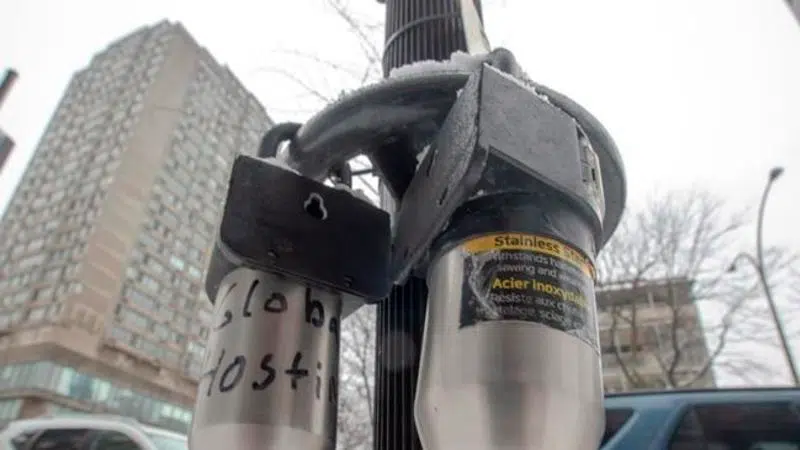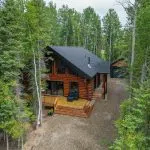
Montreal enlists citizens, workers and Revenue Department in fight against Airbnb
MONTREAL — In order to alleviate what city officials are calling a housing crisis, Montreal is enlisting citizens and municipal workers in the fight against illegal online apartment rentals. And it is calling on the provincial Revenue Department to aggressively investigate suspected offenders.
Cities across Canada have cracked down on residents using online home-sharing platforms such as Airbnb. Montreal’s latest strategy is to direct its employees to remove from public property small lock boxes that contain keys allowing short-term renters to enter apartments on their own.
On Monday, Mayor Valerie Plante asked residents to use a city hotline to report any lock boxes they see attached to public property, such as parking meters and bicycle racks.


